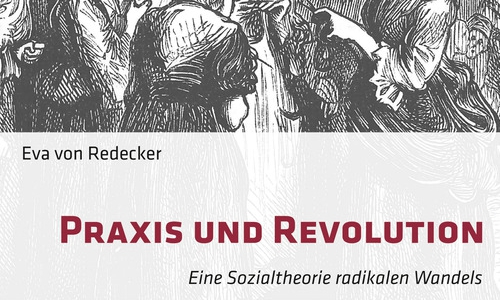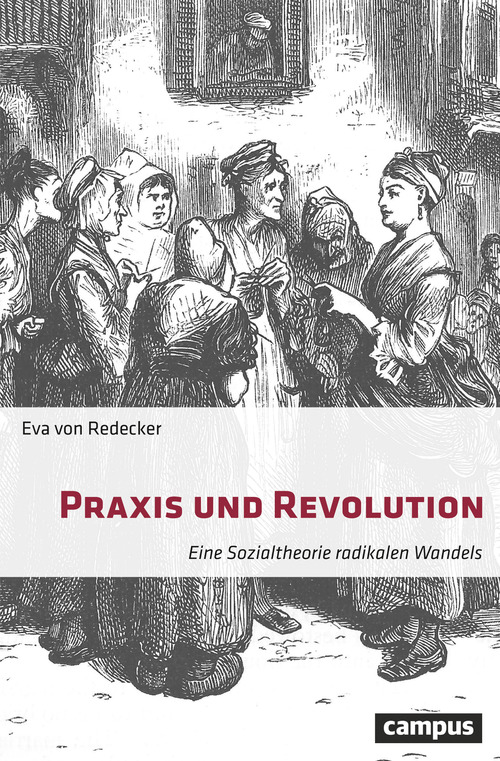Pluralizing Critical Theory – Syllabus Exchange Platform
In collaboration with the Program in Critical Theory at Northwestern University Chicago, and the International Consortium of Critical Theory Programs the Humanities and Social Change Center Berlin invites all scholars to contribute their syllbi to this collection kritische Theorie(n) pluralisieren, which will serve to pluralize teaching in the field of critical theory(s). The list of categories by which the submitted syllabi will be organized is intended as an initial guide and will be gradually expanded and adapted. The project is inspired by a number of similar initiatives, such as the APA Inclusivity Syllabus Collection (https://www.apaonline.org/members/group_content_view.asp?group=110430&id=380970), but has a clear focus on teaching in German-speaking countries.


